Water: the unlikely WMD.
As reported last week, Syrian Special Forces, supported by Russian Special Forces, made substantial gains in the march to reclaim Raqqa from ISIS’ stranglehold on the region. Russian air assets pounded the Tabqa Air Base for days with air-to-surface missiles and rockets in support of advancing Syrian forces, killing hundreds of ISIS fighters.
As reported in “Weapon of Mass Destruction: Water,” the Tabqa Dam – a dam that holds back Lake Assad from hundreds of thousands of residents along the Euphrates River – is reportedly rigged to blow in the event ISIS suffers an attack. Used as a veritable weapon of mass destruction, the dam, if destroyed by ISIS, would unleash flooding and death upon hundreds of thousands, if not millions, of Syrian civilians.
An exclusive source inside the Syrian Special Forces told this reporter yesterday that they had encircled the Tabqa Air Base, and after heavy fighting, had isolated pockets of ISIS resistance to the base’s personnel quarters and a communication bunker. By 1630 ZULU+1 today the same source reported that they had near complete control over the air base, and were well on their way towards the dam. Reportedly, at the time the Syrian and Russian Special Forces were a mere 3 kilometers from the dam, but were meeting heavy resistance, determined to soldier on in the face of seeming opposition.
Sources report that Syrian Special Forces, along with 2 additional units and Russian air support, would begin the attack on the dam as soon as possible. Resistance from the airbase to the dam remains heavy, and the joint Special Forces were unsure about advancing along the main roads. Reports have it that ISIS has buried IEDs along the way.
There are notable obstacles to the success of this mission. For one, as Russian recon units informed the Syrians, the dam likely has anti-aircraft systems in place, in addition to ISIS rigging the dam to be blown up. Between the risk involved in an air assault and the risk of the dam being detonated, an immediate push for invasion has been instituted.
Russian forces have prepared for the absolute worst. Reportedly providing gunships and whatever relief they can, pilots know the dam is volatile. Flying close enough to the ground to provide efficient air-to-ground support means that anti-aircraft systems’ jobs are half done already; helo pilots have less time to maneuver and deploy countermeasures efficiently. At worst, during a hard turn while reacting and providing support, even the most advanced pilots would have great difficulty reacting quickly to signal detector systems alerting that a stinger missile or SAM has been launched.
The hope is to be able to take the dam quickly—by Wednesday at the latest. Forces involved are in the most unenviable position: taking a fortification of such worth, one the enemy knows they want, but being unable to unleash the full might of their forces in the process. This reporter can only imagine the orders from the Syrian Government, which likely bear a strong resemblance to those Marshal Zhukov gave his Soviet troops in the race to enter Berlin: “Disregard the losses, take it and hold it at any cost.”
Sources inform that while resistance to Syrian and Russian incursion is heavy, at least three ISIS checkpoints have been taken out by the Russian Air Force, with Syrian forces sweeping up immediately after. The Syrian Air Force is reportedly already providing airdrops to Tabqa Air Base, to ensure a logistical point if they have to resupply during the dam offensive or if the troops have to fall back.
Of paramount importance is also the involvement of civilians in the incursion. Multiple reports indicate that martyr operations might be in play as well. Syrian and Russian troops will not let civilians get close, but instead fire warning shots and announce over loud speakers on a captured tactical to stay away.
If the advance on Tabqa that threatens the equilibrium of the Islamic State in northern Aleppo is successful, it could eventually develop into an attack on Raqqa, a mere 55 kilometers east of the region. The #RaceforRaqqa between Russian-backed loyalists and the U.S.-backed Syrian Democratic Forces will make the Islamic State’s position in the city all the more tenuous and portend the possibility of their ouster from this area.
Tabqa Dam stands a mere 25 miles from the currently contested battlegrounds of Raq’a—as such, the dam has become a stronghold for ISIS in the region. While ISIS has been forced to retreat on multiple fronts, their hold on the dam stood. ISIS reportedly used the dam as both a prison for “high level” individuals and as a base of operations.
In a watershed moment, Government troops backed by Russian air strikes crossed into the Raqqa Province for the first time this past week, since August 2014. The only other forces that dared challenge the caliphate’s rule over this territory were Kurdish detachments and opposition forces, as part of the Syrian Democratic Forces alliance, with U.S. support, according to the Syrian Observatory for Human Rights.
A source close to the Syrian regime spoke of the Tabqa area in particular, mentioning, “it would be impossible for the U.S. and Russia to back their respective ground allies if they did not coordinate.” On Monday, Russia’s Foreign Minister Sergei Lavrov vowed air support around Aleppo for troops loyal to Syria’s President Bashar al-Assad: “The [Americans] know that we will be actively supporting the Syrian army from the air to prevent terrorists from seizing territory. Washington is asking us and Syrian leadership to delay air strikes until opposition forces are separated from jihadists of IS and the Al-Qaeda-linked Al-Nusra Front.” “We believe there has been more than enough time (for that),” Lavrov added, while maintaining, “there won’t be any surprises for the Americans.”
Defense Ministers of allies Iran, Russia, and Syria held talks in Tehran on June 9th. They discussed continuing the fight against opposition of President Bashar al-Assad in Syria’s enduring civil war. As forces march steadily towards the Tabqa Dam, what card ISIS plays next is anyone’s guess.
John Sjoholm, with Anthony A. LoPresti, Lima Charlie News
John Sjoholm is Lima Charlie’s Middle East Bureau Chief, Managing Editor, and founder of the consulting firm Erudite Group. A seasoned expert on Middle East and North Africa matters, he has a background in security contracting and has served as a geopolitical advisor to regional leaders. He was educated in religion and languages in Sana’a, Yemen, and Cairo, Egypt, and has lived in the region since 2005, contributing to numerous Western-supported stabilisation projects. He currently resides in Jordan. Follow John on Twitter @JohnSjoholmLC
Lima Charlie World provides global news, featuring insight & analysis by military veterans, intelligence professionals and foreign policy experts Worldwide.
For up-to-date news, please follow us on twitter at @LimaCharlieNews

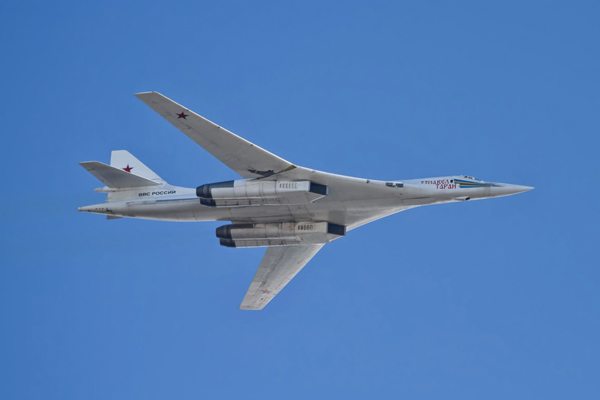
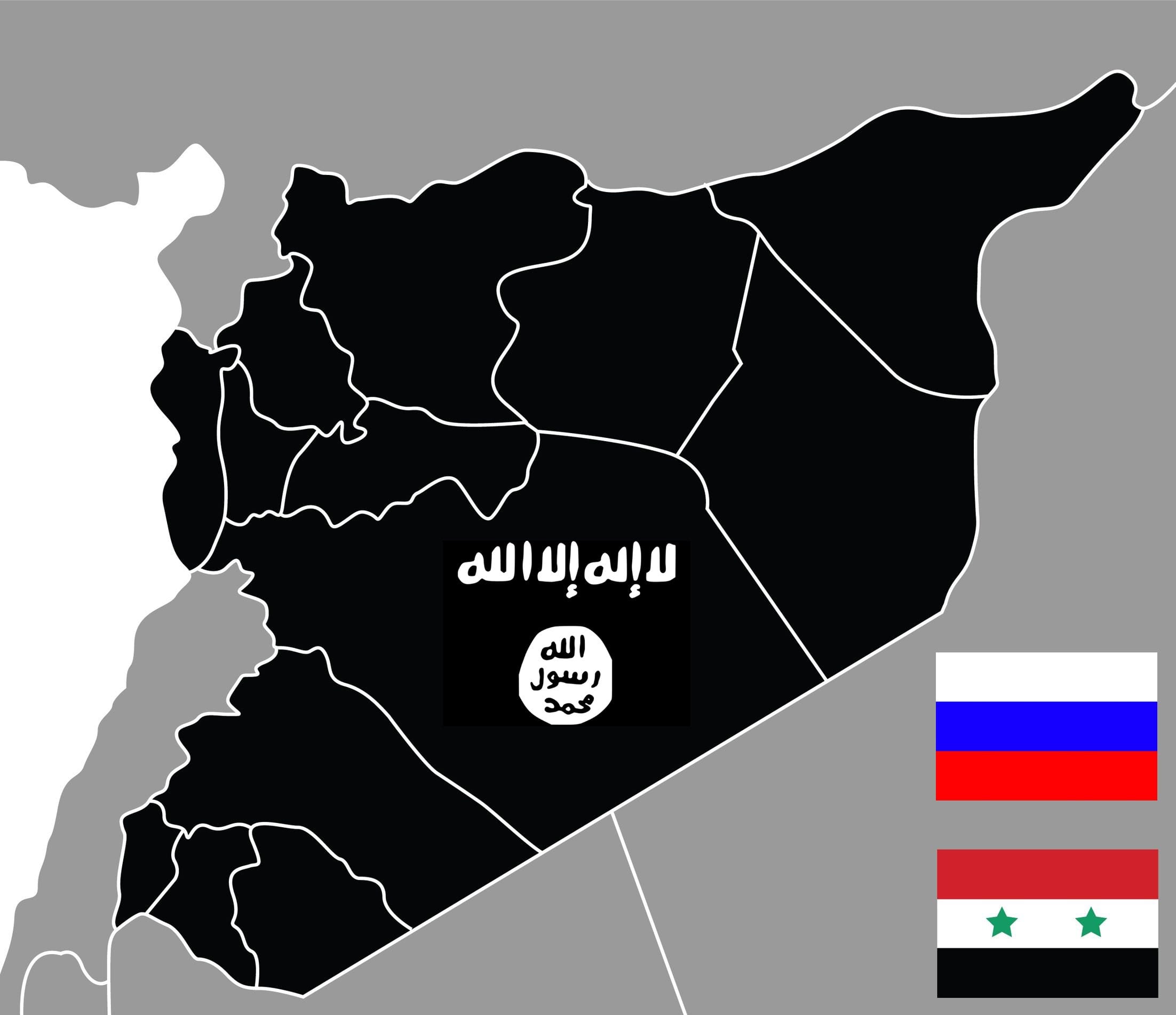
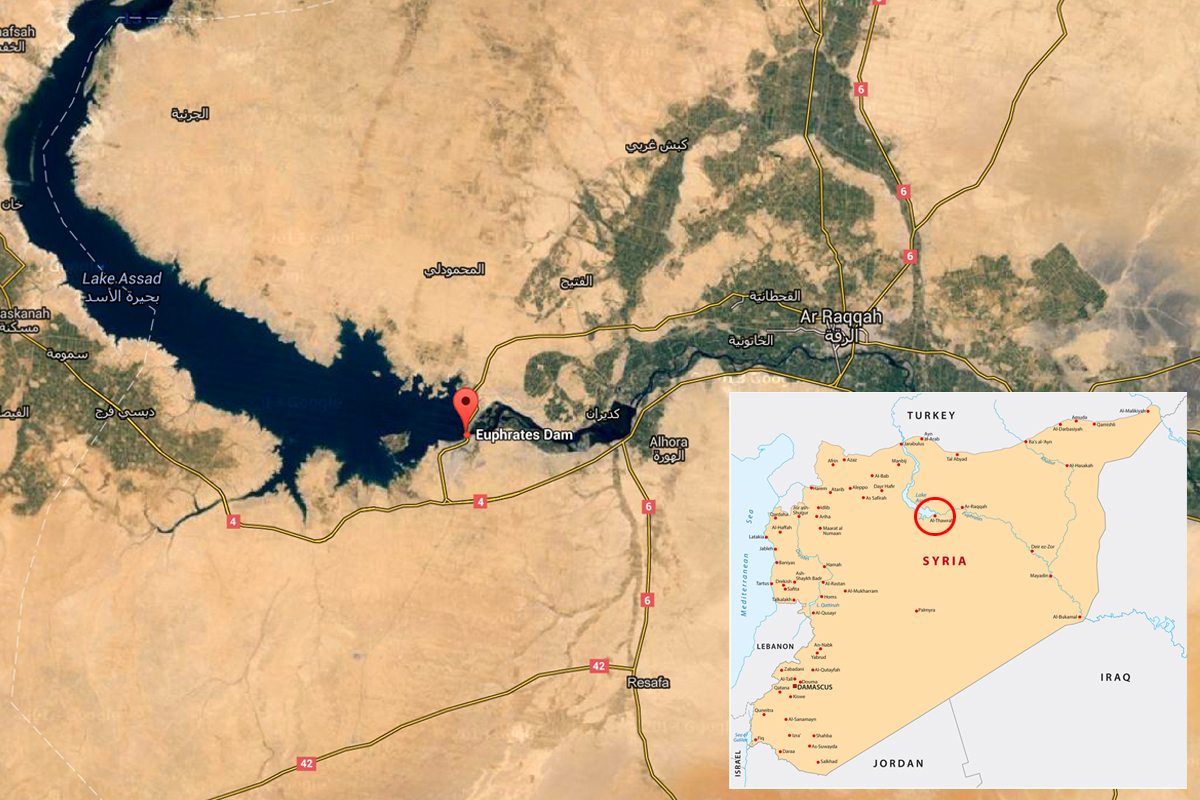


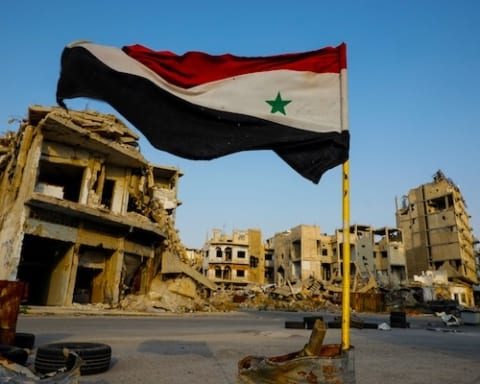
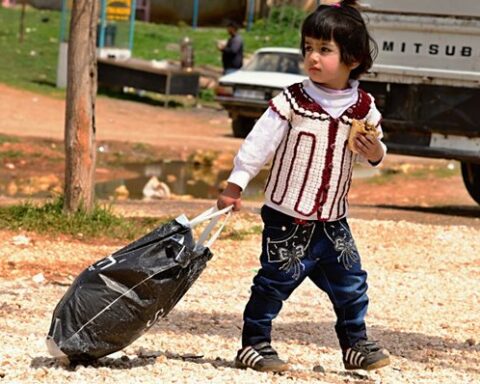
![The Art of Foreign Influence: The Russian Military Adviser [Lima Charlie News]](https://limacharlienews.com/wp-content/uploads/2019/06/The-Art-of-Foreign-Influence-The-Russian-Military-Adviser-480x384.png)
![Iranian crackdown on MEK shows the activist group has popular support [Lima Charlie News]](https://limacharlienews.com/wp-content/uploads/2019/05/Iran-MEK-Lima-Charlie-001-480x384.png)

